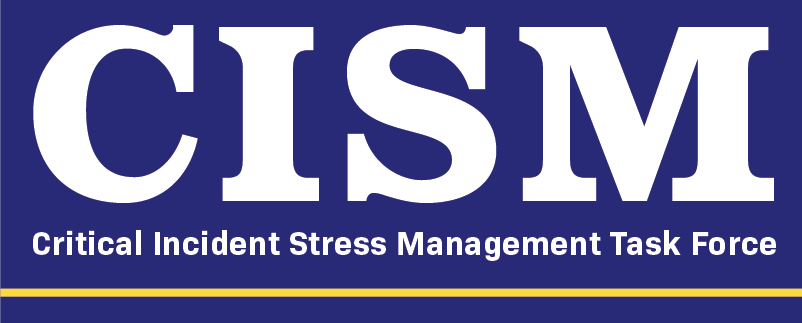What is it?
The North Central Texas Emergency Communications District (NCT9-1-1) encourages the mental health and well being of 9-1-1 telecommunicators by providing a Regional Critical Incident Stress Management (CISM) Taskforce. The goal of the Regional CISM Taskforce is to provide individuals the opportunity to receive emotional and tangible support through times of personal or professional crisis and to help anticipate and address potential difficulties.
Where is it located?
The NCT9-1-1 Regional CISM Taskforce supports 40 Emergency Communications Centers, over 500 9-1-1 telecommunicators across 13 counties and 10,000 square miles. Taskforce members are licensed 9-1-1 telecommunicators who have volunteered to participate in the NCT9-1-1 Regional CISM program. They have received specialized training for certification as Peer Supporters. Members are trained to International Critical Incident Stress Foundation (ICISF) standards and utilize internationally recognized methods.
Benefits of critical incident stress management:
-
- Lessen the impact of the critical incident.
- Normalize instinctive reaction to the incident.
- Encourage the natural recovery process.
- Restore the adaptive functioning skills of the person/or group.
- Determine the need for further supportive services or therapy.
What types of incidents do NCT9-1-1 Regional CISM Taskforce members’ address?
Members are trained to do initial crisis intervention for many types of problems. Some of the more common issues are work-related, such as dealing with the death of a drowning victim, or victims of natural disasters. Other issues may be more personal, such as divorce, illness, disability, career concerns, family relationships, or financial difficulties.
If you are interested in joining the NCT9-1-1 Regional CISM Taskforce, please email our Quality Assurance Coordinator, Brittney Burross at BBurross@nct911.org.
Please complete the form below to request a CISM Taskforce deployment.

